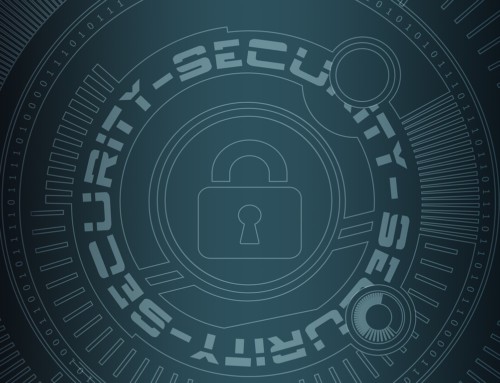Privacy has already had numerous “obituaries” written over the years. Some claim that privacy was dead long ago with the advent of the internet and social media. The threat of terrorism has compounded the erosion of privacy as successive governments slowly roll back laws protection data and communications online.
We now live in a world where phone calls are closely monitored, security cameras record every move, and internet giants offer a backdoor to our personal data to the highest bidder and most relevant authority. Mourning the death of privacy may now seem justified.
But is privacy more than a luxury from a bygone era? Is it, in fact, an intrinsic human right?
Privacy online and offline
Differentiating online and offline privacy isn’t something most people would do. However, it’s important to note that the current legal system strongly protects an individual right to privacy, but doesn’t fully cover activities online.
The United Nations Human Rights Council, the International Covenant on Civil and Political Rights, a number of national and international treaties, and the constitutions of various countries enshrine ‘privacy’ as a fundamental human right.
These rules and laws date back to the 1950’s, when the Council of Europe took the lead and declared that every individual had a right to the privacy of their information, their family’s information, and all their correspondence.
That last phrase is the key to understanding the current debate.
‘Correspondence’ in the 50’s was limited to telephones, telegraphs, and snail mail. Absolutely no one expected the internet when these privacy laws were created. As a consequence, online privacy was a vague legal concept until recently.
In 2015, the UN Human Rights Council realized that new technology and means of communications have made it easier for corporations and governments to track people, read their messages, and block free speech. Authoritarian governments can easily crack down on dissidents and limit the spread of information, while corporations can easily leverage their newfound control to drive profits.
Internet privacy is now a big concern as governments across the world coerce internet companies into handing over sensitive data and free speech is curtailed in authoritarian parts of the world such as China, Turkey, and North Korea.
In view of this dangerous trend, the UN has appointed a special rapporteur to oversee internet privacy. Meanwhile, Europe is pushing ahead with legislation protecting online data and communications. This proves that online privacy is, in fact, no different than offline privacy and needs to be protected in the same way.
The Need for Encryption
While legislations catch up in different parts of the world, billions of citizens are left without any means of data protection.
This has encouraged whistleblowers like Edward Snowden to insist on better encryption and tighter protection of online data. Internet users are encouraged to take matters into their own hands and lock down all private information online. Tools such as end-to-end encryption and two-step verification can ensure data is online accessible by authorized individuals.
In an era of widespread surveillance and warrantless privacy breaches, encryption is more necessary than ever.
Conclusion
Online privacy is no different from offline privacy. While communications and data need firm protections online, legislation and the legal framework have been slow to respond to the pace of technological change.
Meanwhile, governments have rolled out extensive surveillance operations and online privacy is still under threat from large corporations and rouge cyber criminals. Tight encryption and better online security measures seem to be the best option for individuals and businesses concerned about their data privacy.







Leave A Comment